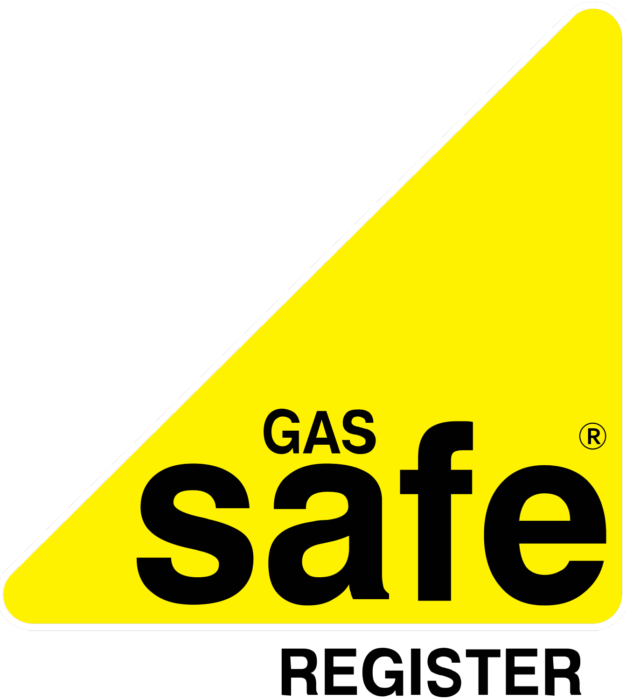Emergency Home Repairs, Fixed. Today!
- Rapid Response
- Skilled Tradespeople
- Dispatched within Minutes
- Urgent Repairs
- Nationwide Coverage




Schedule online, or call our team to get started.
Our expert tradespeople handle the job.
Your issue is fixed at your convinience.